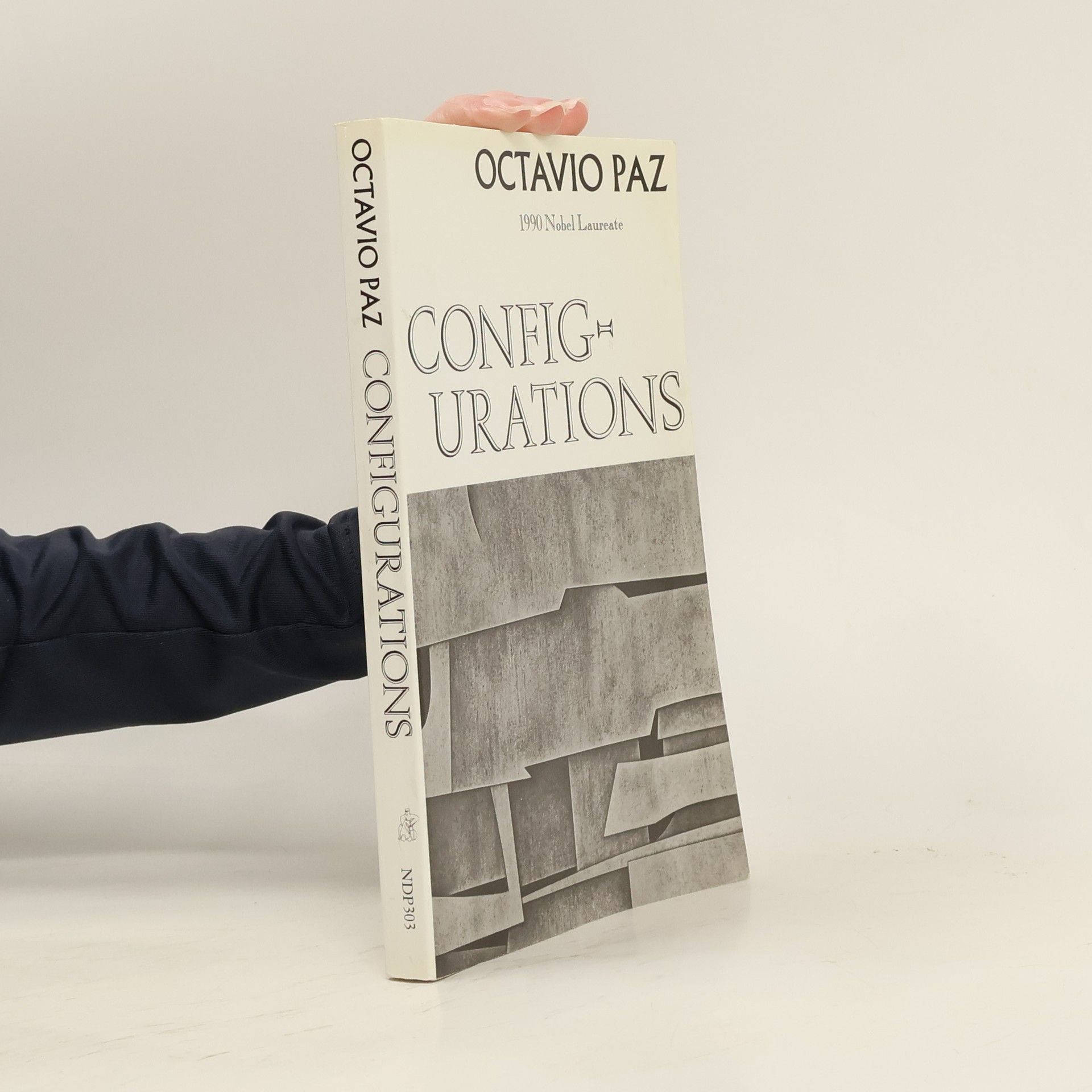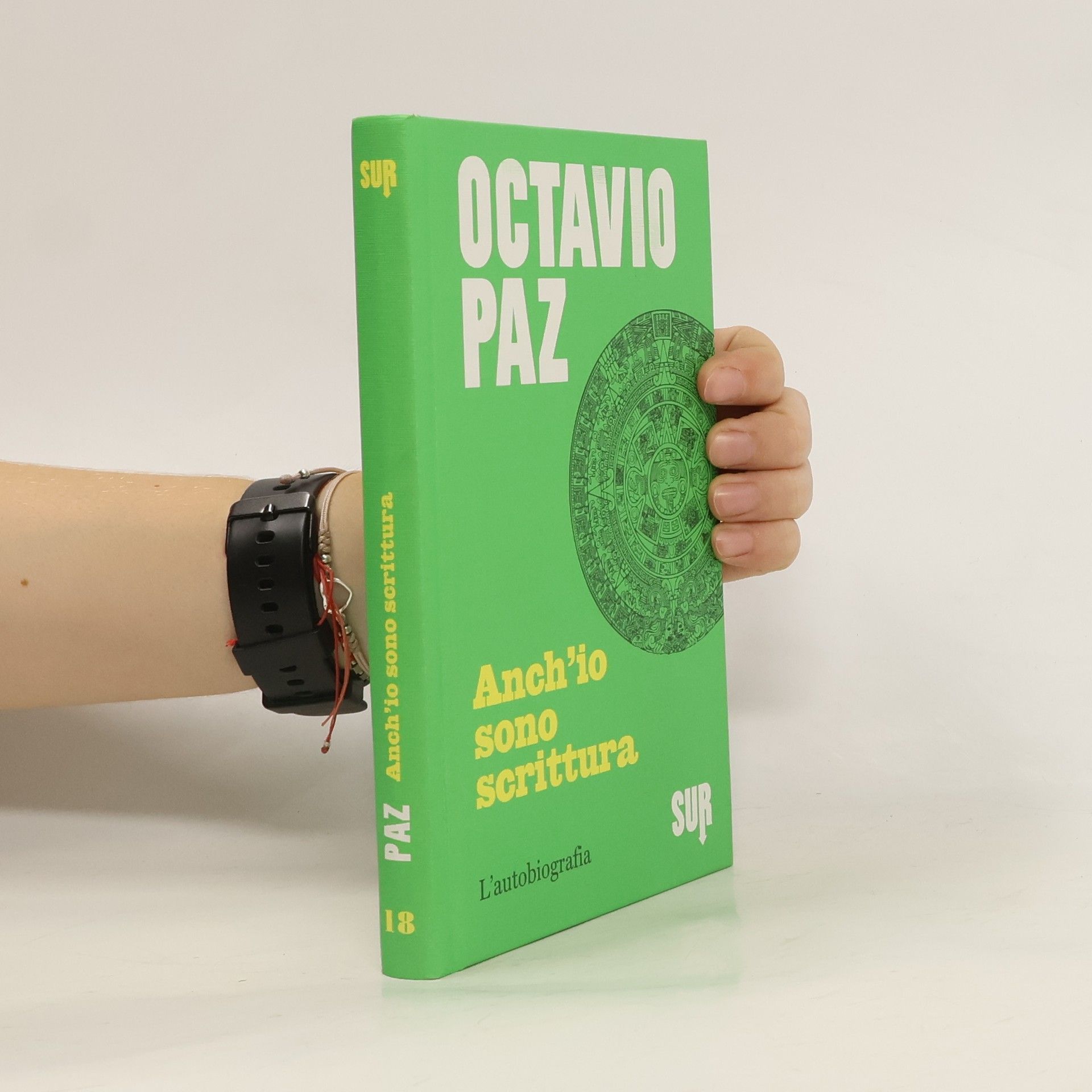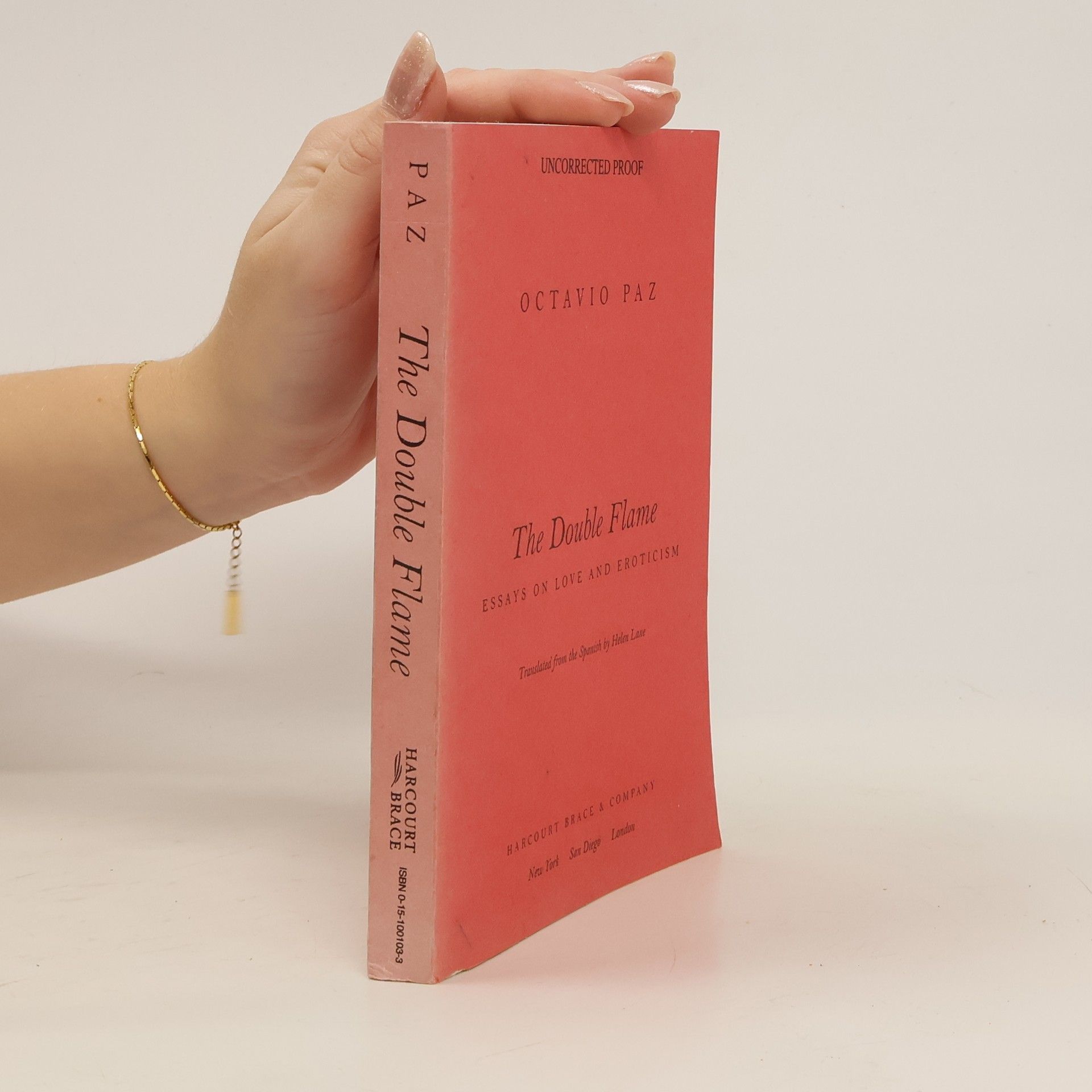Petr Verchovenskij, guidato ideologicamente dal demoniaco Stavrogin, è a capo di un'organizzazione nichilista e lega i suoi seguaci con una serie di delitti. L'ultima vittima è Satov, un ex-seguace convertitosi alla fede ortodossa. Per coprire il delitto Petr obbliga Kirillov a scrivere una lettera di autodenuncia, prima di suicidarsi. Altri delitti, apparentemente immotivati, seguono e solo il suicidio di Stavrogin che si impicca nella soffitta del suo appartamento, sembra pore fine all'azione di questi "demoni".
Octavio Paz Libri
Questo autore messicano è celebrato per la sua appassionata poesia e i suoi saggi, caratterizzati da ampi orizzonti e intelligenza sensuale. La sua opera esplora profonde questioni umane con integrità. Vincitore del Premio Nobel, la sua scrittura è apprezzata per la profondità intellettuale e la bellezza artistica.







Anch'io sono scrittura
- 153pagine
- 6 ore di lettura
Il modo migliore per celebrare uno scrittore è leggere le sue opere. E per festeggiare il centenario di uno dei più autorevoli intellettuali di tutti i tempi, il Premio Nobel messicano Octavio Paz, arriva ora questo prezioso libro autobiografico. Costruito dal curatore Julio Hubard sulla base di una serie di articoli, frammenti, saggi e versi di Paz, il libro ripercorre la vita e l’opera dell’autore in ordine cronologico, dall’infanzia fino agli ultimi giorni, passando per la formazione letteraria, la passione politica, l’amore per la poesia, i viaggi, i riconoscimenti, la malattia, i ricordi personali. Un approfondito riesame di alcuni dei momenti fondanti della storia sociale, politica e artistica del Messico e del suo poeta più appassionato.
Examines the Pre-Columbian, Colonial, Nineteenth Century, and Twentieth Century periods of Mexican art and artifacts
A Tree Within ( Arbol Adentro ), the first collection of new poems by the great Mexican author Octavio Paz since his Return ( Vuelta ) of 1975, was originally published as the final section of The Collected Poems of Octavio Paz, 1957-1987 . Among these later poems is a series of works dedicated to such artists as Miró, Balthus, Duchamp, Rauschenberg, Tapies, Alechinsky, Monet, and Matta, as well as a number of epigrammatic and Chinese-like lyrics. Two remarkable long poems ––”I Speak of the City,” a Whitmanesque apocalyptic evocation of the contemporary urban nightmare, and “Letter of Testimony,” a meditation on love and death––are emblematic of the mature poet in a prophetic voice.
Children of the Mire
Modern Poetry from Romanticism to the Avant-Garde, New and Enlarged Edition
- 193pagine
- 7 ore di lettura
Octavio Paz launches a far-ranging excursion into the "incestuous and tempestuous" relations between modern poetry and the modern epoch. From the perspective of a Spanish-American and a poet, he explores the opposite meanings that the word "modern" has held for poets and philosophers, artists, and scientists. Tracing the beginnings of the modern poetry movement to the pre-Romantics, Paz outlines its course as a contradictory dialogue between the poetry of the Romance and Germanic languages. He discusses at length the unique character of Anglo-American "modernism" within the avant-garde movement, and especially vis-a-vis French and Spanish-American poetry. Finally he offers a critique of our era's attitude toward the concept of time, affirming that we are at the "twilight of the idea of the future." He proposes that we are living at the end of the avant-garde, the end of that vision of the world and of art born with the first Romantics.
Configurations
- 222pagine
- 8 ore di lettura
Octavio Paz, the 1990 Nobel Laureate, has won distinction as an anthropologist, philosopher and critic of art and literature. But it is as a poet that he is most celebrated. Configurations was his first major collection to be published in this country, and includes in their entirety Sun Stone (1957) and Blanco (1967). Paz himself translated many of the poems from the Spanish. Some distinguished contributors to this bilingual edition include, among others, Paul Blackburn, Lysander Kemp, Denise Levertov, and Muriel Rukeyser.
The Double Flame
- 276pagine
- 10 ore di lettura
"In The Double Flame, Nobel Laureate Octavio Paz explores the intimate connection between sex, eroticism, and love - themes that have been a constant in his writing, from his first published poems to the great works of his maturity. Beginning with Plato's Symposium, he gives a short history of love and eroticism in literature throughout the ages: from the influence of the great cities Alexandria and Rome on the development of love poetry, to courtly love in Heian Japan and twelfth-century France, to love in modern novels such as Madame Bovary and Ulysses. Rich in scope, The Double Flame examines everything from taboo to repression, Carnival to Lent, Sade to Freud, Original Sin to artificial intelligence."--BOOK JACKET.
The Labyrinth of Solitude
- 416pagine
- 15 ore di lettura
As well as the nine essays on his country's psyche and history that make up The Labyrinth of Solitude, this highly acclaimed volume also includes The Other Mexico, Paz's heartfelt response to the government massacre of over three hundred students in Mexico City in 1968, and Return to the Labyrinth of Solitude, in which he discusses his famous work with Claude Fell. The two final essays contain further reflections on the Mexican government.
La Estación Violenta
- 83pagine
- 3 ore di lettura
Octavio Paz (1914-1998) ofrece en La estación violenta una obra que pertenece a una de las mejores etapas creativas. Este libro recoge los " Himno entre ruinas", "Máscaras del alba", "Fuente", "Repaso nocturno", "Mutra", "¿No hay salida?", "El río", "El cántaro roto", y "Piedra de sol".
In seven elegant essays that range across centuries and literatures, Paz offers his thoughts on how modern poetry came to be, what makes it "modern," and what it may become. Translated by Helen Lane.



